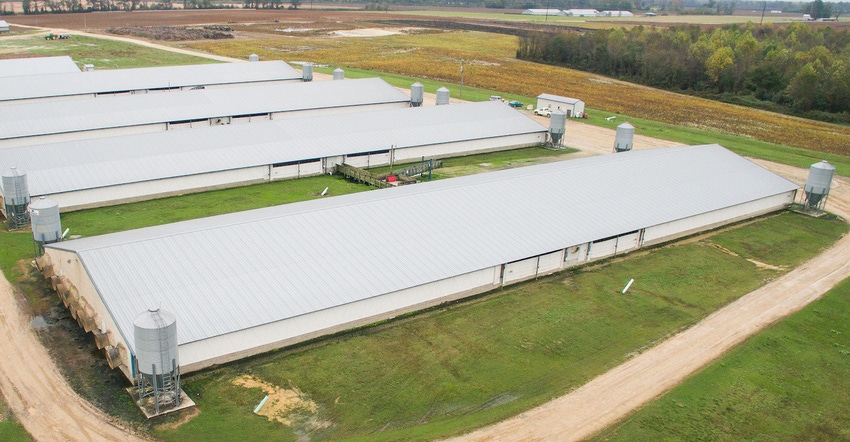Judge Faber assigned to two trial groups of plaintiffs seeking damages from Murphy-Brown contract farmers.

Court papers filed in ongoing hog farm nuisance litigation say that a new judge will preside over some trials going forward, according to North Carolina Pork Council (NCPC) chief executive officer Andy Curliss.
According to the court documents, Judge David A. Faber of West Virginia has been assigned to what are known as the “fourth” and “sixth” trial groups, Curliss said in a blog post on NCPC’s website.
Faber will preside over trials involving eight plaintiffs (the fourth trial group) in one case and six plaintiffs (the sixth trial group) in another.
To date, three groups of plaintiffs (18 plaintiffs in all) have had their cases tried. So far, trials have resulted in three verdicts of nearly $100 million against family hog farmers who have operated in eastern North Carolina for decades.
The assignment of Faber was initially made July 27 and July 31, prior to the outcome of the third trial in the ongoing cases. It was clarified on Monday as applying to the trial groups mentioned.
District court Judge Earl Britt has been handling the trials.
NCPC has joined with the National Pork Producers Council (NPPC) to urge the reversal of Britt’s order that seeks to gag communications about nuisance lawsuits filed against more than two dozen North Carolina hog farms.
NCPC and NPPC filed an amicus curiae brief with the U.S. Court of Appeals for the Fourth Circuit in Richmond, Va., on Aug. 6, asking that it grant Murphy-Brown’s petition to vacate a district court judge’s prior restraint on speech, noting that “all but the most carefully crafted, narrow gag orders are unconstitutional.”
Britt, a judge in the U.S. District Court for the Eastern District of North Carolina, imposed the gag order on the parties, lawyers and “potential witnesses” in late June. The pork groups say the order has hampered the ability of state and national organizations to communicate about the ongoing litigation while allowing inaccurate and uninformed information and opinions to flow freely.
The pork organizations argued that there is no compelling need for the gag order, that the order is too broad and vague and that it won’t be effective.
There has been extensive coverage of the lawsuits from media outlets in the state and around the country and from advocacy groups and people outside the scope of the gag order.
NPPC and NCPC argued, “The greatest risk of [jury] prejudice isn’t the existence of publicity; it is the existence of one-sided publicity that has resulted from the gag order.”
Other farm groups and media representatives also filed briefs opposing the gag order.
“It is important that this chilling order be set aside,” NCPC president Brandon Warren said. “An order that gags farmers from speaking is, to put it simply, deeply unfair.”
The American Farm Bureau Federation and North Carolina Farm Bureau Federation also filed an amicus brief seeking for the judge to lift the gag order.
Trial lawyers actively solicited hundreds of plaintiffs to assert nuisance allegations in dozens of lawsuits against Murphy-Brown LLC. While the suits name only Murphy-Brown as a defendant, most of the farms are independently owned family farms, which stand to lose their contracts and potentially their livelihoods as a result of the litigation, the Farm Bureau said in a statement.
About the Author(s)
You May Also Like



.png?width=300&auto=webp&quality=80&disable=upscale)

